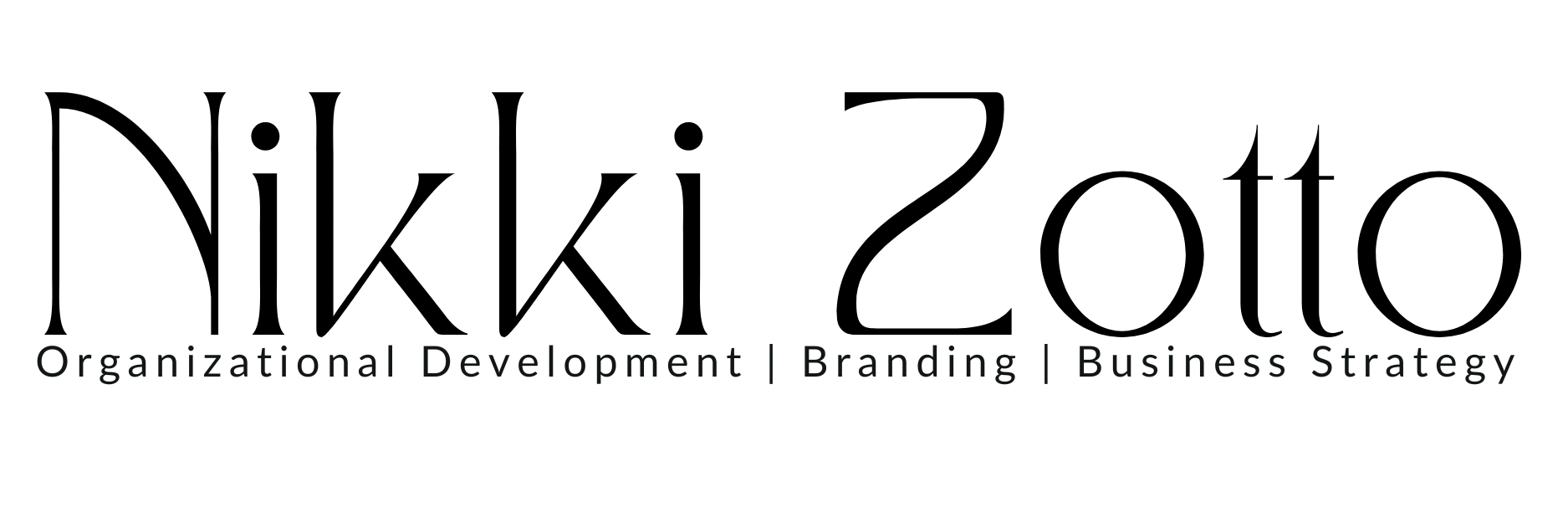A Setback, a Bias, and a Bigger Question: Why?
My first dissertation course has been a tough pill to swallow. But what’s been even more challenging is navigating my dissertation chair’s open bias against real estate—specifically, Realtors. He questions the value of the profession, and it’s created a tension that has weighed heavily on my progress. His weekly criticisms of the profession have made me ask: Is he right? And as I reflect on my own experiences in the industry, I’m starting to see where his doubts might come from.
There’s long been a back-and-forth debate about the value of education in real estate. Since the industry’s inception, there’s been a push for more education to help legitimize the profession, positioning it as more than just a transactional career. Over the years, education has been promoted as a way to raise the standards of practice and professionalism. But here I am, pursuing advanced education, challenging the status quo, and I’m questioning whether it’s even worth it.
My recent experiences within the industry seem to reflect some of the very issues my chair is critical of:
• Conflicts of interest that make me question who’s truly benefiting from the work being done.
• Anti-trust concerns, which have surfaced around the industry, from sales to education, leaving me questioning how transparent and competitive the profession really is.
• Threats when teaching fair housing and DEI classes - important issues that are often met with resistance, and sometimes outright hostility.
• Lack of transparency, like the refusal to share meeting minutes, which undermines trust and accountability within an association.
• Acceptance of sexual harassment and bullying, which I’ve witnessed being tolerated within organizations, leaving me deeply concerned about the industry’s commitment to a safe and respectful work environment.
• Threatening language between agents during transactions, which reflects a lack of professionalism and mutual respect that should be the foundation of any business interaction.
• Counting staff bathroom breaks at a real estate school, a micromanagement tactic that reflects a deeper problem with trust and leadership in the workplace.
• Sexism, highlighted by an incident where I watched a well-known male instructor continuously talk over a female presenter during a paid speaking engagement at a conference, diminishing her voice and expertise. And during the pandemic, a real estate school disproportionately gave Zoom classes to men over women, even though their instructors were predominantly female.
• And in one particularly absurd case, a board president expected the rest of the board to clean their house. At the same time, the president sat outside complaining about the smell of the cleaning supplies the board was using to clean the property—a stark example of misplaced leadership priorities.
All of this has me wondering: Is the push for more education in real estate actually having the intended effect? Or is it simply a recommendation that’s been around for over a century without much real change in the profession’s core values?
According to my last meeting, my chair is probably going to fail me. The possibility of failing this course has been a wake-up call, not just academically, but in how I view the industry I’ve been a part of for more than a decade. I still believe in the importance of Realtors and the value we provide, but I can’t ignore the troubling patterns that I’ve seen firsthand. My chair’s bias may not be entirely justified, but it’s made me think critically about how we, as professionals, legitimize ourselves and the work we do.

